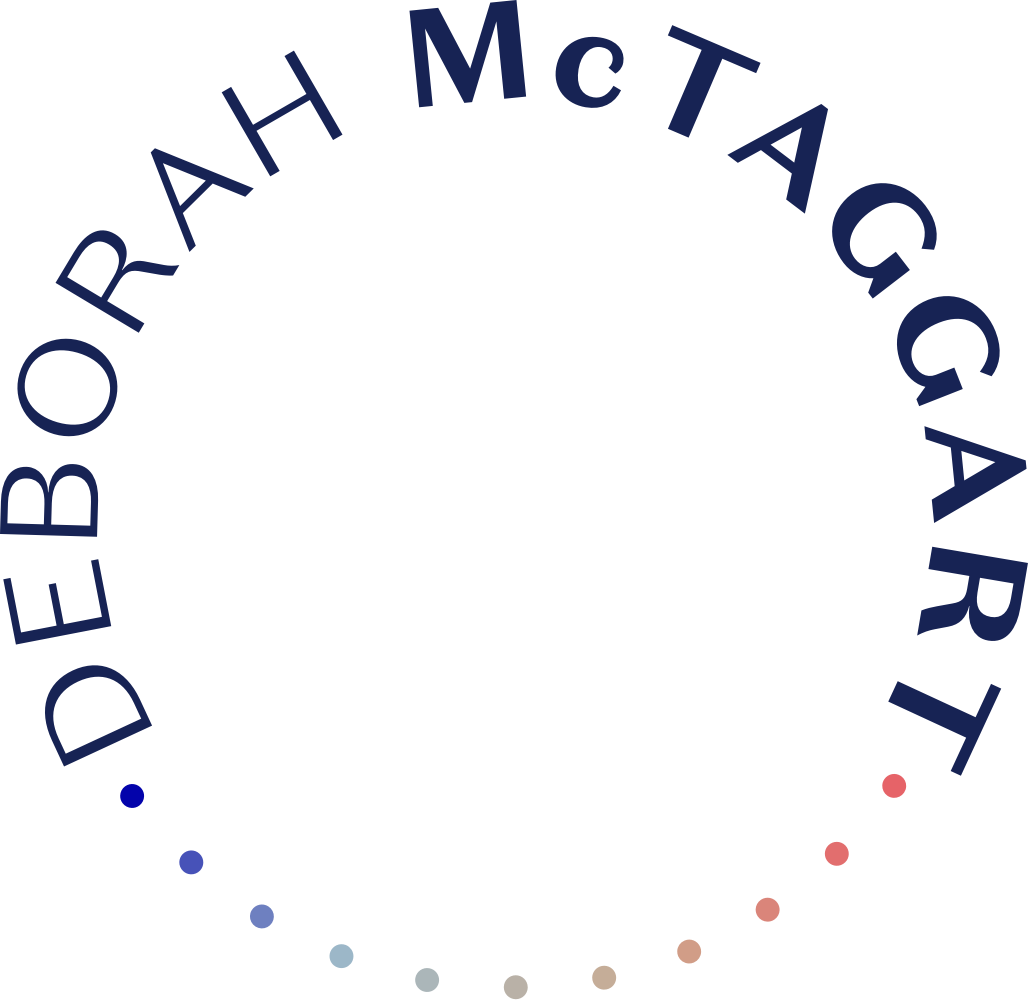Justice is What the Judge Ate for Breakfast - The Timing of Our Performance
In 2009 a now well-known study was published that took a look at judicial rulings by Israeli judges who presided over parole hearings in criminal cases. What they found was that you were more likely to be released (65%) if you were one of the first few hearings of the day, and that this declined to nearly zero before lunch, increasing again to 65% after a meal break.
So is it true that justice is what the judge ate for breakfast?
What this research shows is that by ‘taking a break’, the judge’s decision making was changed. What this research doesn’t show is whether this change in improved mood and restored mental replenishment came about specifically through eating or resting, as these were not independently measured.
So how do we achieve our best mental performance?
What we know is that our optimal brain function is highest between 10am and 3pm - it’s when we do our best learning and thinking. Our best decisions and any tasks with complexity are best kept to this time. Our peak physical performance is in the afternoon, as it’s when we have better co ordination, faster reactions and greater power output through our cardiovascular system.
We also know that being in nature or taking a short rest can have a positive impact on our mental and physical performance. And we all know that eating food restores our glucose levels. But did you know that our brains use 20% of the glucose we take in? Keeping our minds humming at peak performance takes a lot of energy.
However it’s not as simple as eating food to think better, as the brain can actually run better on an empty stomach. This is something we can all relate to when we experience drowsiness after lunch. When it comes to our brain function and food, quality is more important than quantity. We’re simply not that alert soon after eating a meal and would rather have a siesta than think about returning to work.
Our performance at any point during the day is determined by so many factors. Significantly, our day-time performance is determined by the night before, that is, how well we slept and what we ate for dinner.
This is because our circadian rhythm i.e. our body clock – is influenced by the timing of what we do, including sleeping, eating, exercise, social interaction and light exposure. Our circadian rhythm underpins much of our biology, health and performance.
If we eat late at night, this is sending a cue to our body to wake up and digest food, when it’s actually in repair and recovery mode. This act of eating will negatively impact the quality of sleep we get, and in turn this impacts our mood, energy and performance the next day. We then lose our ability to pay attention and stay on focus.
There have been studies that show that fasting and exercise also have a brain boosting effect because they increase a chemical in the brain called brain-derived neurotropic factor (BDNF), which improves the connection between our brain cells improving our brain function. Combine BDNF with a good nights sleep and you have a high performance day, where you are more likely to win at complex decisions and tasks, and increase your productivity and focus.
Daylight is another key factor in our performance. We need at least 1 hour of outdoor daylight exposure to soak up at least 1000 lux of light (equivalent to an overcast day) to reduce sleepiness, synchronise our circadian clock and improve our moods. This will help keep us focused and productive. The more daylight we get, the better our mood, sleep routine and even dietary choices.
So what can we learn from the judicial study and all this science? Here are the key ‘take-a-ways’.
Eat early and eat light, and allow a minimum of a 12-hour fast overnight to allow your body rest and repair. Nothing but water during those 12 hours is key.
Exercise and move frequently in your day, as this will keep your brain connectivity humming as well as your body fit, strong and healthy.
Prioritise your sleep so you are getting a quality 7-8 hours with a consistent sleep/wake time. This will keep your circadian clock healthy, as sleep is more important than your diet when it comes to your health. - and water for hydration is more important than food!. Water is the number one sports performance aid and hydration should not be underestimated when it comes to performance.
Seek natural daylight. Light is a key influencer to your circadian rhythm, helping ensure you are alert and productive during the day.
And like our judicial panel, frequent breaks of rest and recovery will help improve your mood, replenishing your mental resilience.
By adjusting the timing of what you do and making smart choices, you can set yourself up for a peak performance day.
Deborah McTaggart is a registered nutritionist practising in Barnes, South West London, and global via Zoom. She works with corporate nutrition and individuals on healthy eating, with a special interest in Men's Health, Shift Work Health, Travel Health and Avoiding Jet Lag. Contact me here for further information on nutrition plans.
